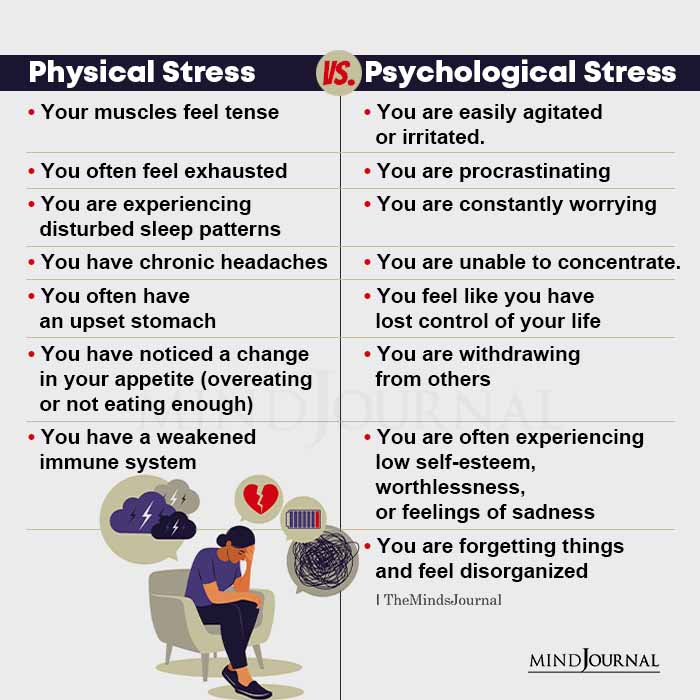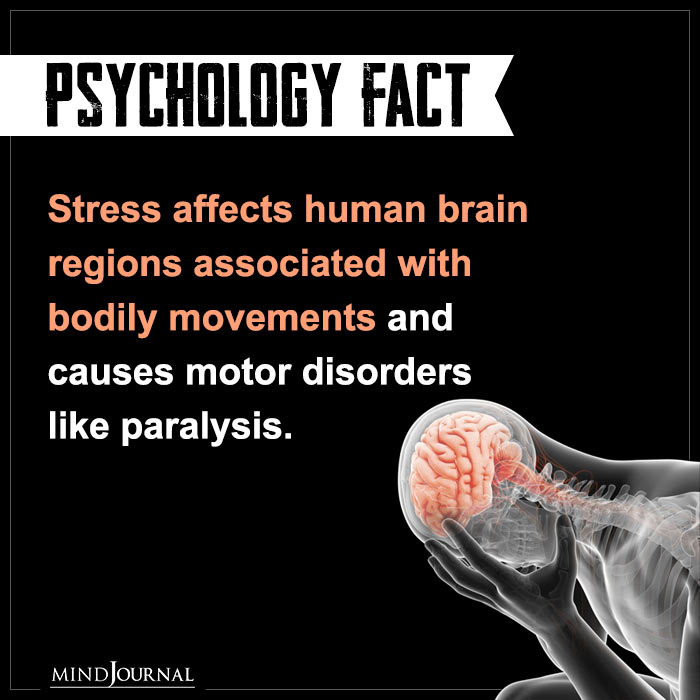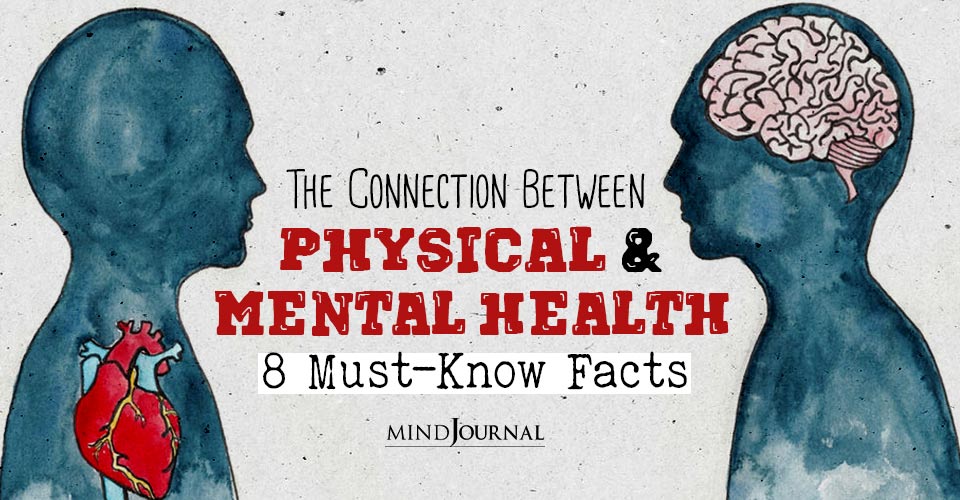Are you aware of the dynamic relationship between your physical and mental health? Your bodies and minds are intricately connected. By caring for both, you can unlock a happy and fulfilling life for yourself.
Let’s explore the impactful connection between physical and mental health and discover how to cultivate a harmonious balance for a happier, healthy life.
Understanding how physical and mental health are connected
Physical health is influenced by a combination of genetics, lifestyle, and environmental factors. Regular exercise, a balanced diet, adequate sleep, stress management, and avoiding harmful substances are important for maintaining physical health.
Mental health is maintained by a balance of biological, psychological, and social factors. Good mental health is associated with a positive outlook, effective coping mechanisms, strong social support, and healthy relationships.
Research has shown a strong connection between physical and mental health.
For example, Regular physical exercise has been shown to improve mood and reduce symptoms of anxiety and depression. On the other hand, chronic physical health can cause stress and anxiety.

Read 10 Ways To Stimulate Your Vagus Nerve for Better Physical and Mental Health
How physical health impacts mental well-being
Maintaining good physical health is crucial for promoting overall well-being and can have a positive impact on mental health. Let’s have a look at how the Influence of physical health on mental well-being can affect both negative and positive ways.
Chronic physical health conditions and their impact on mental well-being
Here are a few points on how Chronic pain impacts Mental Health:
1. Anxiety
Chronic pain can lead to feelings of anxiety, as it can interfere with daily activities and reduce the overall quality of life.
2. Decreased self-esteem
Chronic pain can lead to a decreased sense of self-worth and self-esteem, as it can interfere with one’s ability to perform daily activities and meet personal and professional responsibilities.
3. Interference with daily activities
Chronic pain can make it difficult to perform daily activities and can lead to feelings of isolation and loneliness.
4. Impact on relationships
Chronic pain can strain personal relationships and lead to frustration and anger.
5. Decreased quality of life
Chronic pain can negatively impact one’s overall quality of life by interfering with physical and mental well-being.
6. Worsening of mental health problems
Chronic pain can worsen existing mental health problems, such as depression and anxiety.
7. Difficulty sleeping
Chronic pain can make it difficult to sleep, leading to fatigue and decreased overall well-being.
8. Increased stress
Chronic pain can lead to increased stress, further contributing to physical and mental health problems.
These were a few points on how chronic pain and mental health are interconnected. Individuals with chronic pain need to seek effective pain management and mental health support.
Read Understanding the Psychology of Chronic Physical Pain
Exploring the benefits of physical exercise on mental health
Physical exercise can have a positive impact on mental health in several ways:
1. Reduced stress and anxiety
Regular exercise has been shown to reduce symptoms of stress and anxiety by releasing endorphins, the body’s natural mood-boosting chemicals.
2. Improved mood
Exercise can improve mood by reducing feelings of depression and anxiety and promoting feelings of happiness and well-being.
3. Increased self-esteem
Exercise can improve self-esteem by increasing confidence in your physical abilities and improving your body image.
4. Decreased symptoms of depression
Engaging in physical activities is an effective treatment for it and can be as effective as medication in some cases.
5. Improved cognitive function
Exercise has been shown to improve brain function and can enhance memory, attention, and decision-making abilities.
These were the few points in which physical activity can have a significant positive impact on mental health and well-being and is an important aspect of overall health and wellness.
Read 7 Physical Exercises Good for Your Mental Health
The vital link on how sleep impacts mental health
Sleep plays a crucial role in mental health, and adequate sleep is essential for overall well-being. Here are the following ways in which sleep and mental health are interconnected
1. Reduced stress and anxiety
Adequate sleep can reduce symptoms of stress and anxiety by regulating hormones and restoring balance to the body.
2. Better physical health
Sleep is important for overall physical health and can help to reduce the risk of chronic diseases, such as heart disease and diabetes.
3. Improved immune system
Sleep can boost the immune system and help the body to fight off illness and infection.
On the other hand, sleep deprivation or poor sleep quality can hurt mental health, leading to symptoms of anxiety, depression, and irritability.
It can also interfere with cognitive function and physical health. In conclusion, adequate sleep is essential for maintaining mental health and well-being, and it is important to prioritize sleep for overall health and wellness.
Impact of mental health on physical health
Mental health can have a significant impact on physical health in various ways. Here are a few important points that state how mental health conditions like stress and depression impact physical health.
Read Causes Of Mental Health Issues: 6 Common Risk Factors, According To Science
Stress and its effects on physical health

Chronic stress can hurt physical health in the following ways:
1. Digestive problems
It can lead to digestive problems, such as acid reflux, irritable bowel syndrome, and ulcerative colitis.
2. Suppressed immune system
It can suppress the immune system, making the body more susceptible to illness and infection.
3. Headaches and migraines
It can trigger headaches and migraines.
4. Musculoskeletal problems
It can lead to muscle tension and pain, particularly in the neck, back, and shoulders.
These were some points on how stress and physical health are interconnected. Chronic stress can have a significant negative impact on physical health and it is important to manage stress through relaxation techniques, exercise, and seeking support from friends, family, or mental health professionals.
Read 25 Quick Ways To Boost Your Mood When You’re Having A Bad Day
How depression impacts physical health

Depression can have a significant negative impact on physical health and it is important to seek treatment for it through medication, therapy, and lifestyle changes to improve overall health and well-being.
Here are the following ways in which depression and physical health are interconnected:
1. Cardiovascular disease
It has been linked to an increased risk of heart disease, high blood pressure, and stroke.
2. Digestive problems
It can lead to digestive problems, such as irritable bowel syndrome and acid reflux.
3. Decreased appetite and weight changes
It can lead to changes in appetite, resulting in weight loss or weight gain.
4. Sexual dysfunction
It can cause sexual dysfunction, such as reduced libido and erectile dysfunction.
Strategies for improving both Physical and Mental Health
A combination of lifestyle changes, self-care practices, and professional support can help improve, leading to overall well-being and a higher quality of life.
Here are some strategies to improve both physical and mental health.
Managing stress through Mindfulness and Relaxation Techniques
These practices can help reduce stress and improve mental health. Some common techniques include:
1. Meditation
A practice in which an individual focuses their attention and eliminates distractions to achieve a mentally clear and emotionally calm state.
2. Deep breathing
Slow and deliberate breathing exercises, can help calm the body and reduce stress levels.
3. Progressive muscle relaxation
A technique that involves tensing and relaxing different muscle groups to reduce physical tension and stress.
4. Guided imagery
A technique that involves using mental images to help calm the mind and reduce stress.
5. Yoga
A practice that combines physical postures, breathing exercises, and meditation to improve physical and mental well-being.
6. Journaling
Writing down thoughts and feelings can help individuals process and manage emotions, reducing stress and anxiety.
These techniques can help reduce stress and improve mental health, and it is important to find the technique that works best for the individual to achieve maximum benefits.
Read
The Benefits of a Balanced Diet and Sleep schedule
A balanced diet and sleep schedule are important factors in maintaining both physical and mental health in the following ways:
1. Balanced diet
Eating a balanced diet that includes a variety of fruits, vegetables, whole grains, lean protein, and healthy fats can help support overall health and well-being. It is also important to limit processed foods and sugar.
2. Sleep schedule
It is essential for physical and mental health. It is recommended to aim for 7-9 hours of sleep per night, and to maintain a consistent sleep schedule by going to bed and waking up at the same time every day.
A balanced diet and consistent sleep schedule can help regulate energy levels, improve mood, and support overall physical health by reducing the risk of chronic health conditions such as cardiovascular disease, diabetes, and obesity.
It is important to prioritize a balanced diet and sleep schedule as part of a holistic approach to improving health and well-being.
Physical and Mental health are closely interconnected, and it is important to prioritize both to achieve overall well-being.
A combination of lifestyle changes, such as exercise, a balanced diet, adequate sleep, and mindfulness and relaxation techniques, can help improve physical and mental health.
Seeking professional support, practicing self-care, and seeking social support can also help in managing mental health problems.
Taking a holistic approach to physical and mental health can lead to a higher quality of life and improved overall health.
Frequently Asked Questions (FAQs)
What is the connection between Physical and Mental Health?
Physical and Mental Health are closely connected and interdependent for well-being.
How does Mental Health Impact Physical Health?
Mental Health can affect physical health by causing physical symptoms like stress, headaches, or Chronic Diseases.
How does Physical Health Impact Mental Health?
Physical Health can affect Mental Health by causing physical symptoms which can cause feelings of Anxiety and Depression.










Leave a Reply